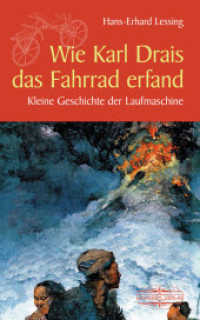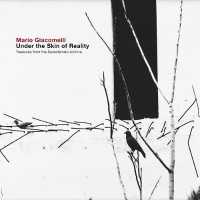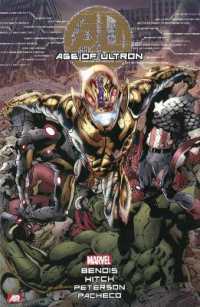- ホーム
- > 洋書
- > 英文書
- > Literary Criticism
Full Description
This book considers how Shakespeare's theatre investigates and reveals "Being-in-the-world". Through the lens of phenomenology (the study of how the world shows itself to conscious experience) Johnston examines how Shakespeare's texts and dramaturgy reveal aspects of Being. This volume explores philosophical themes in Shakespeare's drama, including perceptions of stage space and fictional place, temporality, bodies, authenticity, and memory in early modern English staging. It examines how Shakespeare asks the question of the meaning of Being by playing with the distinction between "what is" and "what is not". The work offers practical performance tips and exercises to connect with modern audiences. Each chapter aims to inspire creative artists in production and rehearsal through a unique focus and provide a critical approach to performance. Through a phenomenological exploration of dramatic possibilities drawn from the key concepts of philosophers such as Edmund Husserl, Martin Heidegger, Maurice Merleau-Ponty, and Edith Stein, Johnston investigates theatre as a practical form of philosophical investigation. Theatre-makers should not only consider the fictional world of the play, but also the historical context of Shakespeare's world and the contemporary context for connecting with audiences here, today, now.
Contents
Introduction: The Empathy Drum
1 Being in the Atmosphere: Emotional Weather in Twelfth Night
2 Being Out of Time: Temporality in Macbeth
3 Touching Palms with Being: Romeo and Juliet
4 Becoming Oneself: Authenticity and Selfhood in Richard III
5 Traumatic Being: Memory in The Tempest
Conclusion: Breathing Being
Index








